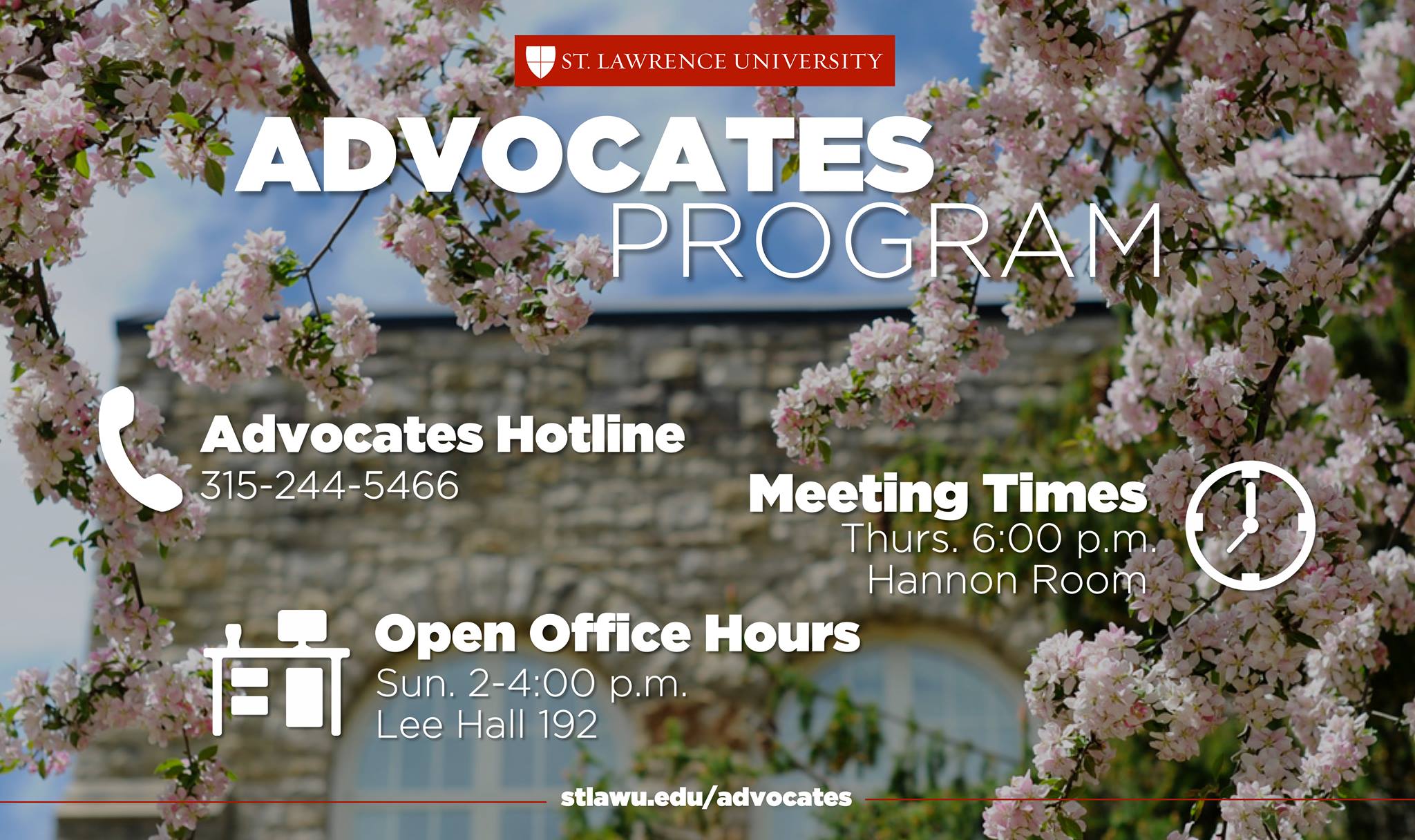This week, the Sexual Assault and Domestic Violence Coalition (SA/DV) hosted the first-ever “Allytines” event.
“The event started as an idea to create an alternative to the traditionally romantic Valentine’s Day,” says Quinn Audsley ’20, who organized the week’s festivities.
“Valentine’s [Day] can sometimes be a sensitive time for people who’ve had past trauma in relationships, and we wanted an alternative to celebrate supporting your friends in different ways. Non-romantic relationships are just as worthy as romantic ones, and around Valentine’s Day, there’s not a lot of emphasis on that.”
All week, volunteers from different organizations tabled in the student center, encouraging passers-by to write notes to their friends to be sent to their student mail boxes. Students could also make friendship bracelets, and enter a raffle to win one of three gift-baskets: the “green thumb,” “night-in,” or “Sunday recovery” basket, each centered around self-care.
The week also included an interactive board posing the question, “What does being an Ally mean to you?” The Webster-Marriam dictionary defines the word “ally” as “one that is associated with another as a helper, a person or group that provides assistance and support in an ongoing effort, activity or struggle.” However, individual definitions proved to vary widely and encompassed many ideas of what allyship means. One response defines allyship as “listening to listen, and not to speak.”
On Thursday, social-justice-minded student organizations gathered in the Winston Room for an “ally fair.” Each organization provided resources and advice on how to be an effective ally to different groups and identities on campus.
An active listening workshop was also held on Thursday night, facilitated by faculty and professors trained in inter-group dialogue. The event aimed to “finish out the week with a tangible skill that people can translate into conversations with peers, coworkers, friends, and family to have more productive and respectful conversations,” says Audsley of the workshop.
SA/DV started just last year as a Thelmo initiative, says Kylie Clancy ’20, who also organized the event and heads the organization.
“[The coalition] acts as a collaboration of knowledge and resources. It’s not supposed to detract from individual organizations. It’s just a space to come together and coordinate between groups with a focus on reproductive health, gender issues and issues of violence.”
Last semester, the coalition collaborated with a national organization, ACRHealth, to provide free STI screenings on campus, and Clancy says that they’re hoping to provide the service again towards the end of the semester.
The SA/DV coalition has four meetings per semester, and Clancy says she encourages anyone to come and support. They hope to be distributing posters with future meeting times and updates around campus in the near future, as well as on their Facebook page.



